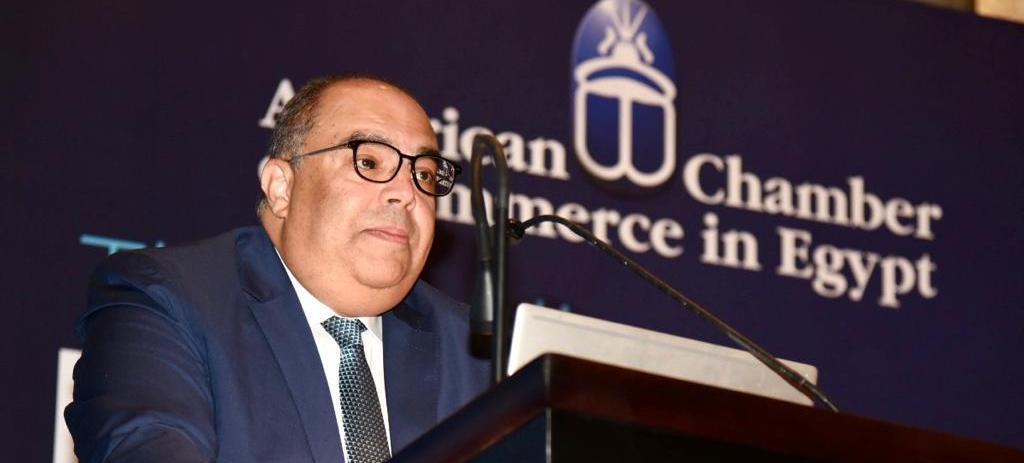State-owned banks National Bank of Egypt (NBE) and Banque Misr issued new certificates of deposits (CDs) last week, boasting an all-time high annual yield of 23.55% and 27%, respectively.
The move occurred amid widespread expectations that the Central Bank of Egypt (CBE) would devalue the local currency against the US dollar for the fourth time since March 2022. It also aligns with the highly active parallel currency market, where 1 USD is traded for over EGP 52, compared to the official rate of nearly EGP 31/1 USD.
Clients are permitted to acquire these CDs through online banking services and at the branches of both banks nationwide, with a minimum purchase value of each CD set at EGP 1,000, and available in increments.
It’s worth noting that the two banks are currently repaying a total of over EGP 500 billion in principal and interest for the one-year CDs issued in January 2023, offering yields of 22.5% and 25%.
The recently introduced CDs quickly garnered $355.4 million (EGP 11 billion) in proceeds within 24 hours of issuance, as mentioned by Banque Misr’s head, Mohamed El-Etreby. He further indicated that the two banks aim to collect a total of $16.2 billion (EGP 500 billion), with the expectation that the new CDs will be available until sometime in February.
In an interview with Business Monthly, Ashraf Ghorab, an economic expert and Deputy Head of the Arab Union for Social Development in the Arab League’s Arab Labor System for Economic Development, explained the anticipation behind the issuance of these CDs. This expectation arose, particularly after the expiration of the 25% annual yield CDs offered by both banks.
Ghorab stated, “The expiration of the 25% CDs, and depositors receiving their due, may lead them to invest in gold, real estate, or other secure investment types instead of depositing their funds in banks to preserve the value of their money due to the high inflation rate.” Consequently, the banks acted swiftly to introduce the 23.5% and 27% certificates to absorb this liquidity, preventing its injection into the markets. This proactive measure aims to avoid potential repercussions such as increased demand, price hikes, and any subsequent impact on the recent trend of decreasing inflation rates in recent months, according to Ghorab.
He further mentioned that the 25% CDs offered by both banks in January 2023 accumulated approximately $14.9 billion (EGP 460) billion in proceeds. Ghorab clarified that when the due returns for depositors are added to this amount, the released liquidity would reach around $18.6 billion (EGP 575 billion).
Despite other savings options previously offered by banks with returns lower than 25%, Ghorab pointed out that investors in the expiring certificate might not turn to them. Examples include NBE’s fixed annual return certificate of 19% and the Platinum certificate with a return of 22% during the first year, 18% during the second year, and 16% during the third year.
“There are also certificates offered by Banque Misr that resemble NBE’s certificate, as well as the African Arab Bank’s certificate with a return of 65% for 3 years, where the return is disbursed at the end of the term,” he added. Ghorab emphasized that this is why the banks launched the new certificate with a higher return.







